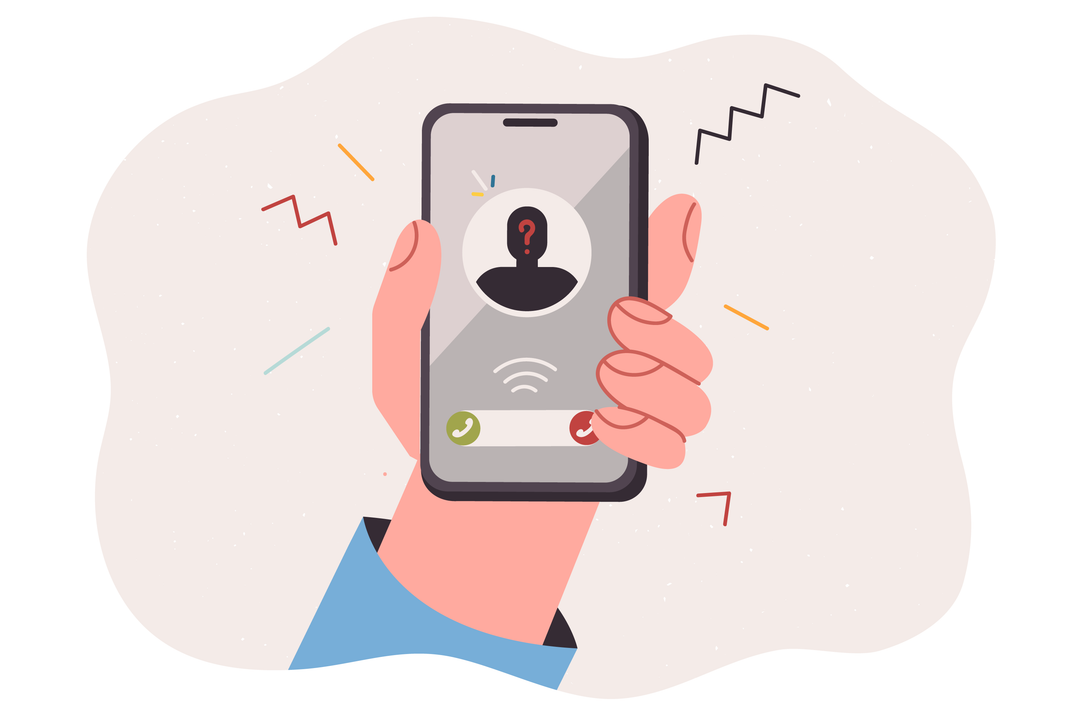Don’t Trust the Name on the Screen: What You Need to Know About Spoofed Caller ID Scams

July 19, 2025
That call from your bank? Your doctor? Even your own number? It might not be real.
Spoofed caller ID scams are still a thing, and they’re designed to trick you into trusting a phone call that’s anything but trustworthy. Scammers now use cheap and widely available software to manipulate the caller ID that shows up on your phone. It’s a tactic that preys on familiarity—and it works.
What Is Caller ID Spoofing?
Caller ID spoofing happens when a scammer fakes the phone number they’re calling from so it looks like it’s coming from someone else. This could be:
- A number with the same area code and prefix as yours (called "neighbor spoofing")
- A government agency or trusted business
- A family member, friend, or even your own phone number
These calls are designed to grab your attention and gain your trust quickly. Once you pick up, the scammer might pose as a bank representative, IRS agent, tech support, or even a relative in trouble. Their goal? To get you to send money or reveal sensitive information.
Common Spoofing Scams
- Bank or credit card fraud alerts asking you to “verify” account info
- IRS or Social Security scams threatening arrest or legal action
- Tech support scams claiming your computer has been hacked
- Family emergency scams pretending to be a loved one needing urgent help
- Charity donation scams using a fake nonprofit name
Some even spoof your own number to make you curious or alarmed enough to pick up.
How to Protect Yourself
- Don’t trust caller ID — Just because it looks real doesn’t mean it is.
- Let unknown calls go to voicemail — Scammers rarely leave convincing messages.
- Never give personal information over the phone unless you initiated the call.
- Hang up and call back using a verified number — like the one on your bank’s website.
- Report suspicious calls to the FCC or FTC.
- It seems silly, but you should make a codeword with your family and have open conversations about navigating the digital fraud landscape. Scammers won't have your codeword.
- Don't be shy, if you have any hesitation, hang up. You can call the person right back and be sure you're connected to their number.
What If You Answered?
If you picked up and shared personal info:
- Contact your bank or credit card company right away (Through a number you find on their official website, or the back of the credit card)
- Monitor your accounts for suspicious activity
- Consider placing a fraud alert or credit freeze on your credit report
- Report the incident to https://reportfraud.ftc.gov